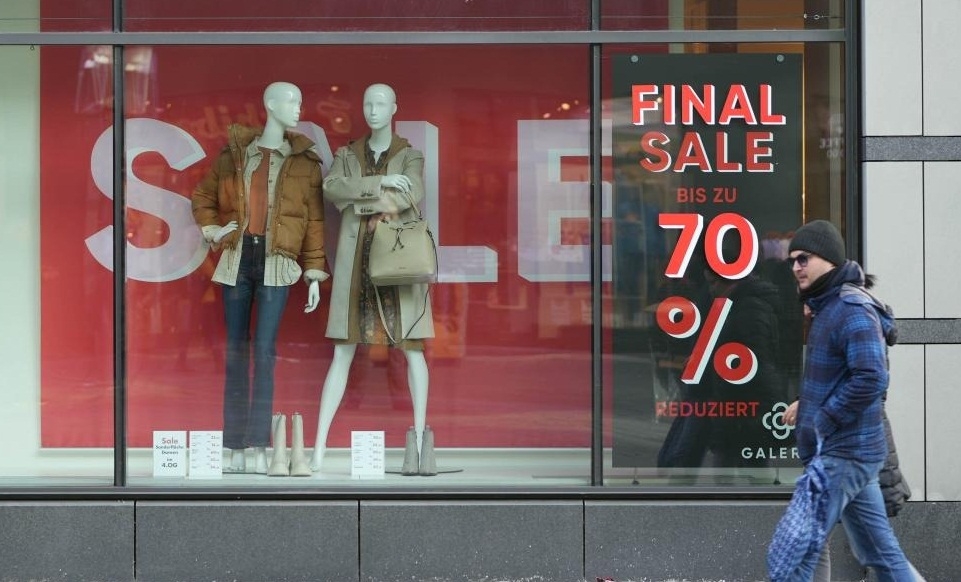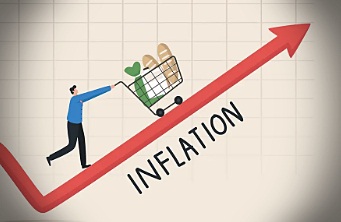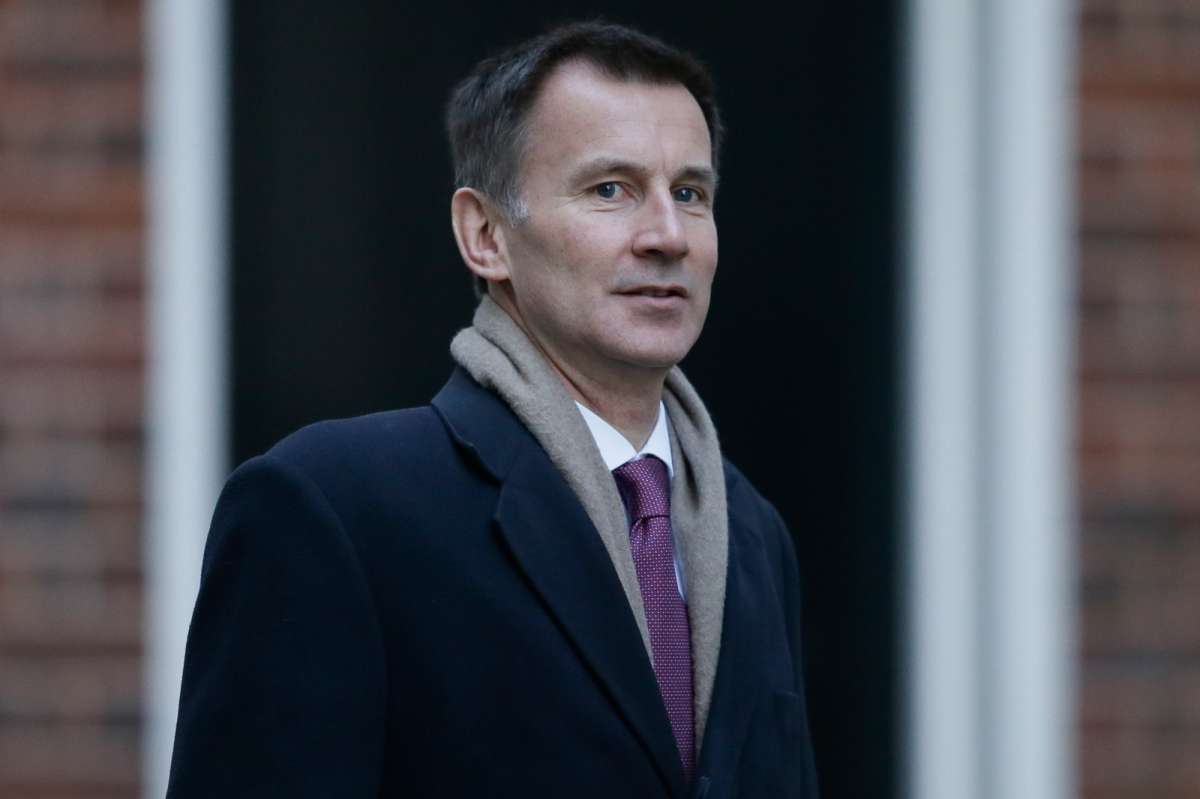The Baltic countries are projected to record the highest annual inflation rates last month, with 20.1 per cent for Latvia, 17.8 per cent for Estonia and 17.2 per cent for Lithuania…reports Asian Lite News
The eurozone’s annual inflation rate is projected to fall to 8.5 per cent in February from 8.6 per cent in January, the European Union’s (EU) statistical office said in a preliminary estimate. According to Eurostat, energy price rises slowed to 13.7 per cent last month from 18.9 per cent in January.
Food, tobacco and alcohol prices rose by 15 per cent year-on-year for February, compared to 14.1 per cent the previous month. Non-energy industrial goods and services prices were also increasing.
The annual inflation rate for non-energy industrial goods is projected to reach 6.8 per cent in February, compared to 6.7 per cent in January. The respective figures for services are 4.8 per cent in February and 4.4 per cent in January.
The cost of energy has been the main driver of inflation in the eurozone since the outbreak of the Covid-19 pandemic and the war in Ukraine. Energy prices peaked in October 2022 at a record 41.5 per cent. In February this year, the year-on-year increase is projected to be 13.7 per cent.
The Baltic countries are projected to record the highest annual inflation rates last month, with 20.1 per cent for Latvia, 17.8 per cent for Estonia and 17.2 per cent for Lithuania.
Countries with the lowest year-on-year inflation in February include Belgium with 5.5 per cent, Spain with 6.1 per cent and Greece with 6.5 per cent.
“The February reading is a clear setback,” commented Bert Colijn, senior economist for the eurozone at ING. “Forward-looking indicators show that the declining trend in inflation is set to continue… Energy inflation is set to turn negative soon, possibly already in March. But the question is how fast other price categories will see declines and if inflation proves to be stickier than expected,” he said.
Food prices should continue to rise, but over the course of the year the increase should slow down, according to Colijn.
ALSO READ-Shehbaz warns of inflation post-IMF deal













